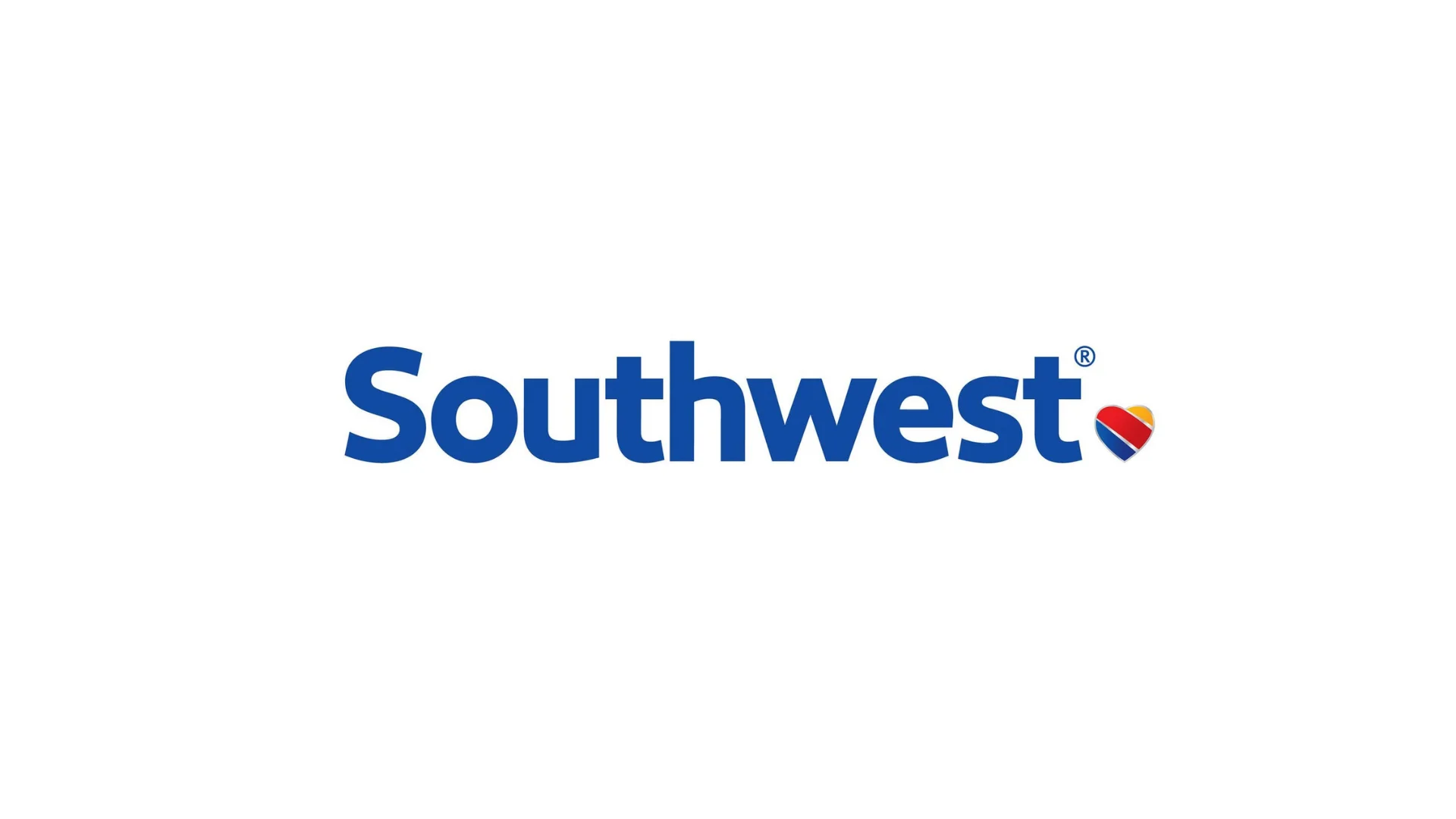Safety culture is a key component of aviation operations globally, particularly in the United States, where it supports the industry's safety record. The concept of "safety culture" may seem abstract but plays an essential role in ensuring the safety of passengers, crew, and ground staff.
Safety culture in aviation involves a collective mindset and behaviors that prioritize safety above all else. It includes adherence to protocols, open communication, continuous training, and reporting of safety concerns. According to SKYbrary, safety culture is defined as: “The way safety is perceived, valued and prioritized in an organization. It reflects the real commitment to safety at all levels in the organization.”
In the US aviation industry, leadership commitment is crucial for shaping safety culture. Airlines emphasize top-down dedication to safety by modeling behavior and creating environments where concerns can be addressed without fear of retaliation.
 Alerts Sign-up
Alerts Sign-up









